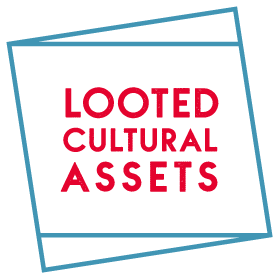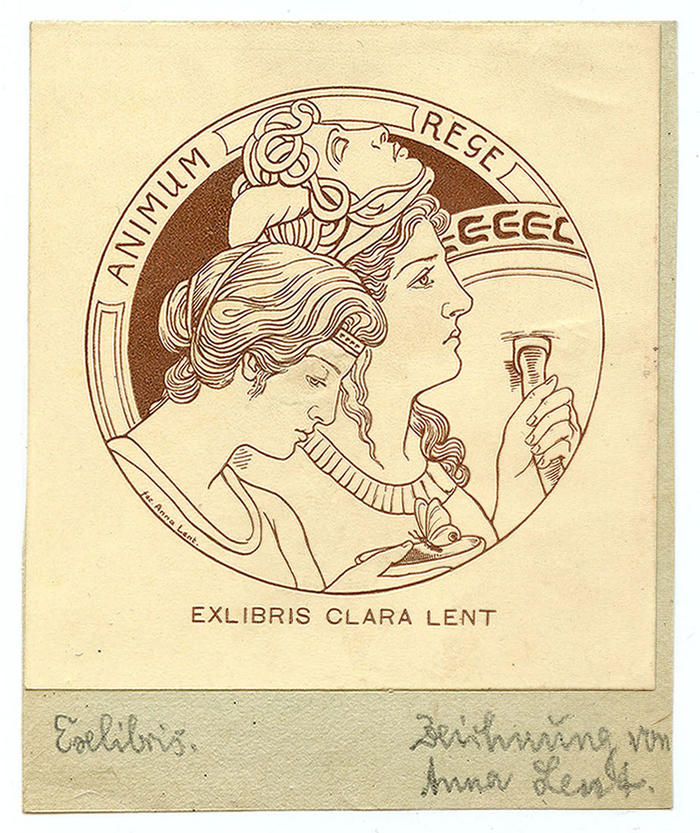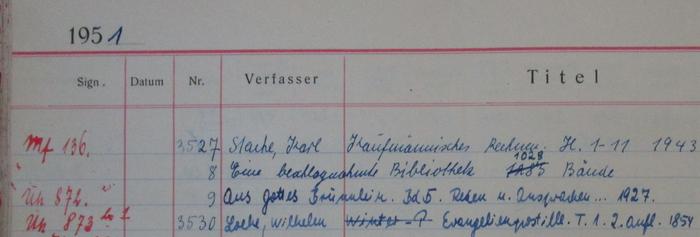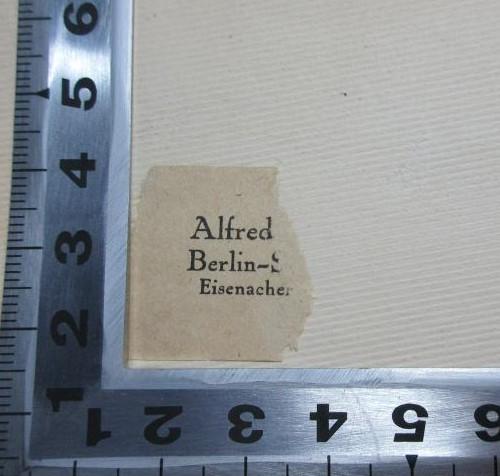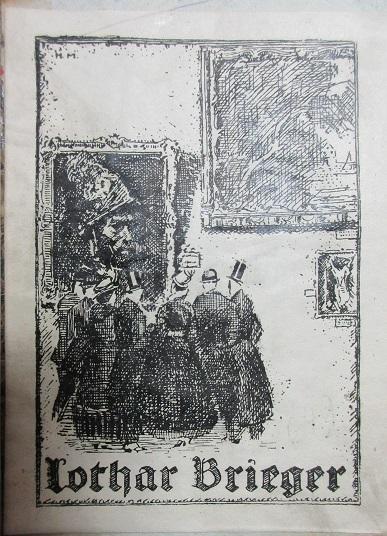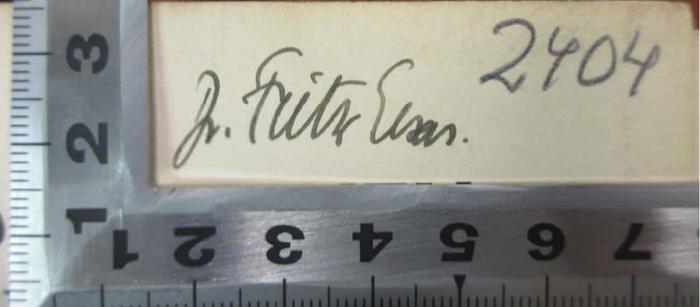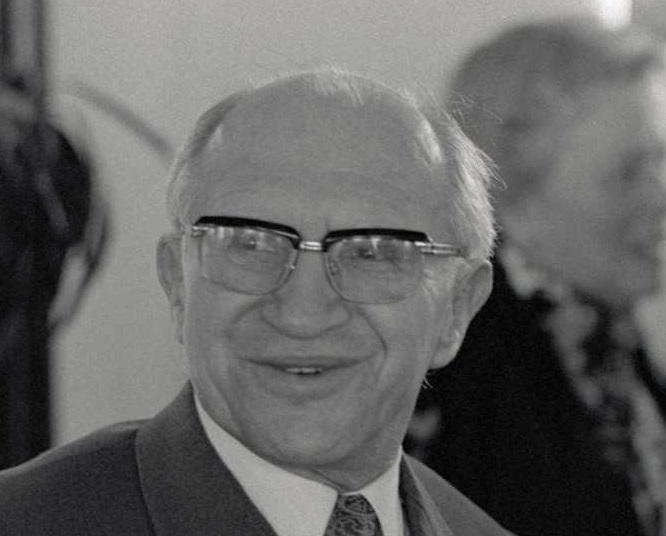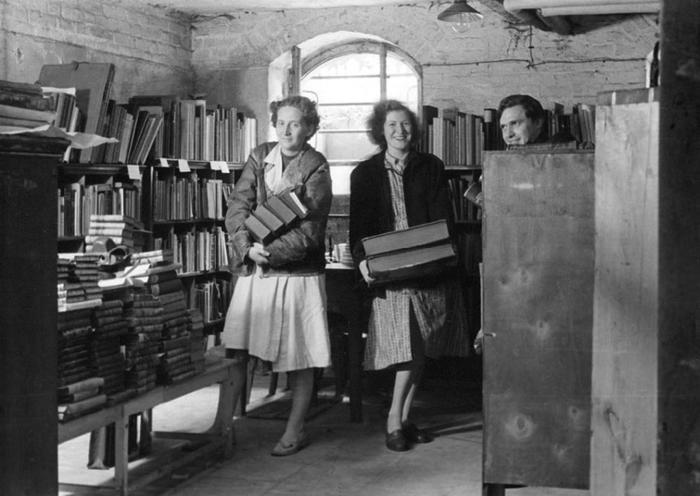LCA Database
The cooperative provenance database Looted Cultural Assets (LCA) is used by the partners of the cooperation of libraries founded in 2016, who are engaged in the search for Nazi-loot and try to return cultural property, especially Jewish-owned, to today's legitimate owners whenever possible.
The origin of the books in libraries is investigated in a joint effort. The data are based on the cooperation partners' investigation results. Thereby, knowledge is pooled on a regional level and beyond, experience is accumulated, and resources are created, which enables research on looted assets in libraries and other cultural institutions. In addition to the books confiscated from persons and institutions persecuted by the Nazis and the details that indicate the books' provenance, data relating to persons and organizations not related to the Nazi theft of cultural property are also recorded.
The LCA database currently contains more than 48,000 provenances and information on more than 15,400 persons and institutions. It is available online for research free of charge.
The motivation behind this online service is very much shaped by the need to provide provenance researchers and other interested parties with an opportunity to make their research results publicly available in a database. This makes the LCA database one of the most comprehensive databases of its kind and a successful example of cooperative provenance research in Germany.
Special thanks go to all the provenance researchers, editors and developers who have made their contribution to the creation and maintenance of this database.
